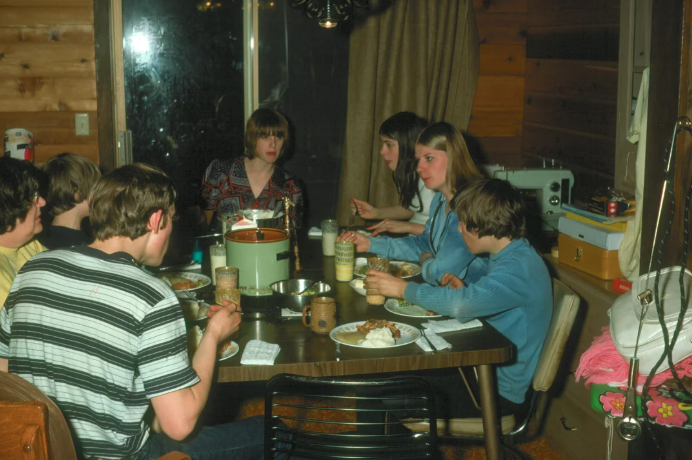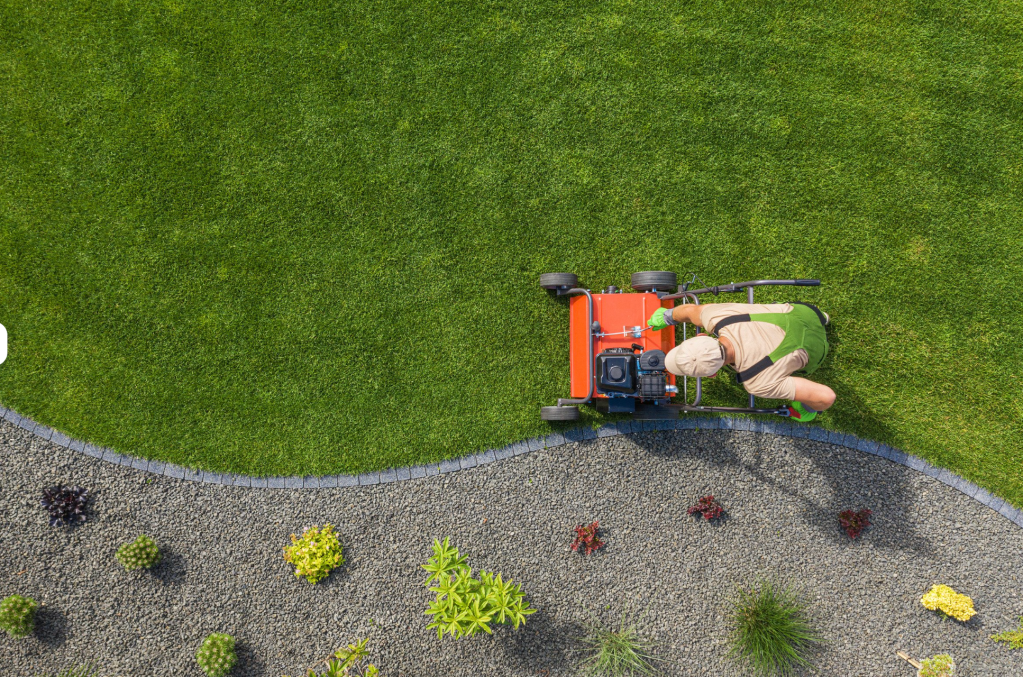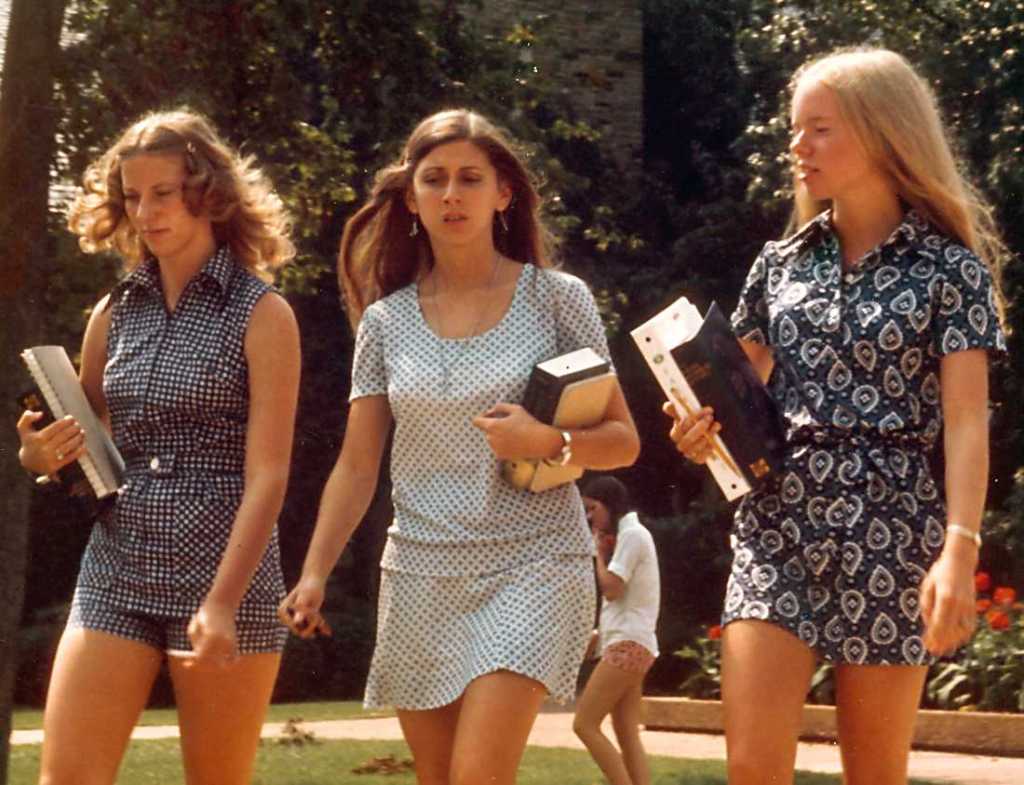It’s time again for what has become an annual Upworthy tradition, sharing our favorite photos from the Comedy Pet Photography Awards. We’ve selected 15 of the top 25 nominees in the competition, and they include a dog that looks like a superhero, a chubby cat that sits like a human and a cute encounter between a canine and a rodent.
The competition was created by Paul Joynson Hicks and Tom Sullam, both professional photographers, to celebrate the vital role that pets play in our lives and to encourage engagement in animal welfare.
The contest may feature funny photos, but it has a serious message. “Through the Comedy Pets, we want to promote positive awareness of animal welfare issues and celebrate the incredible and valuable contribution that pets can and do have on our lives,” the competition’s creators say on its website.
“Once again, we have been treated to some really funny entries in the competition, and such a wide range of animals this year from ferrets to tortoises to donkeys as well as hundreds of hilarious cats and dogs,” Tom Sullam, co-founder of the Comedy Pets said in a statement. “The job is now on to find the Overall Winner of Comedy Pets 2023 and, of course, the People’s Choice Award winner where everyone can get involved. Go to the website to learn how to vote for your favorite finalist.”
The 25 shortlisted nominees will now be judged by a panel of animal lovers from the fields of broadcasting, wildlife conservation and photography. The winners will be announced on August 11.
Here are our 15 favorite nominees from the 2023 Comedy Pet Photography Awards.
1. “A Life Changing Event” by Michel Zoghzoghi (Lebanon)

“Alex is the shy one. Max is the playful one. Together they form a lethally cute duo. I had more fun taking photos of these two than during my most adventurous wildlife photography trips.” — Michel Zoghzoghi
2. “Barking” by Chris Porsz (U.S.)
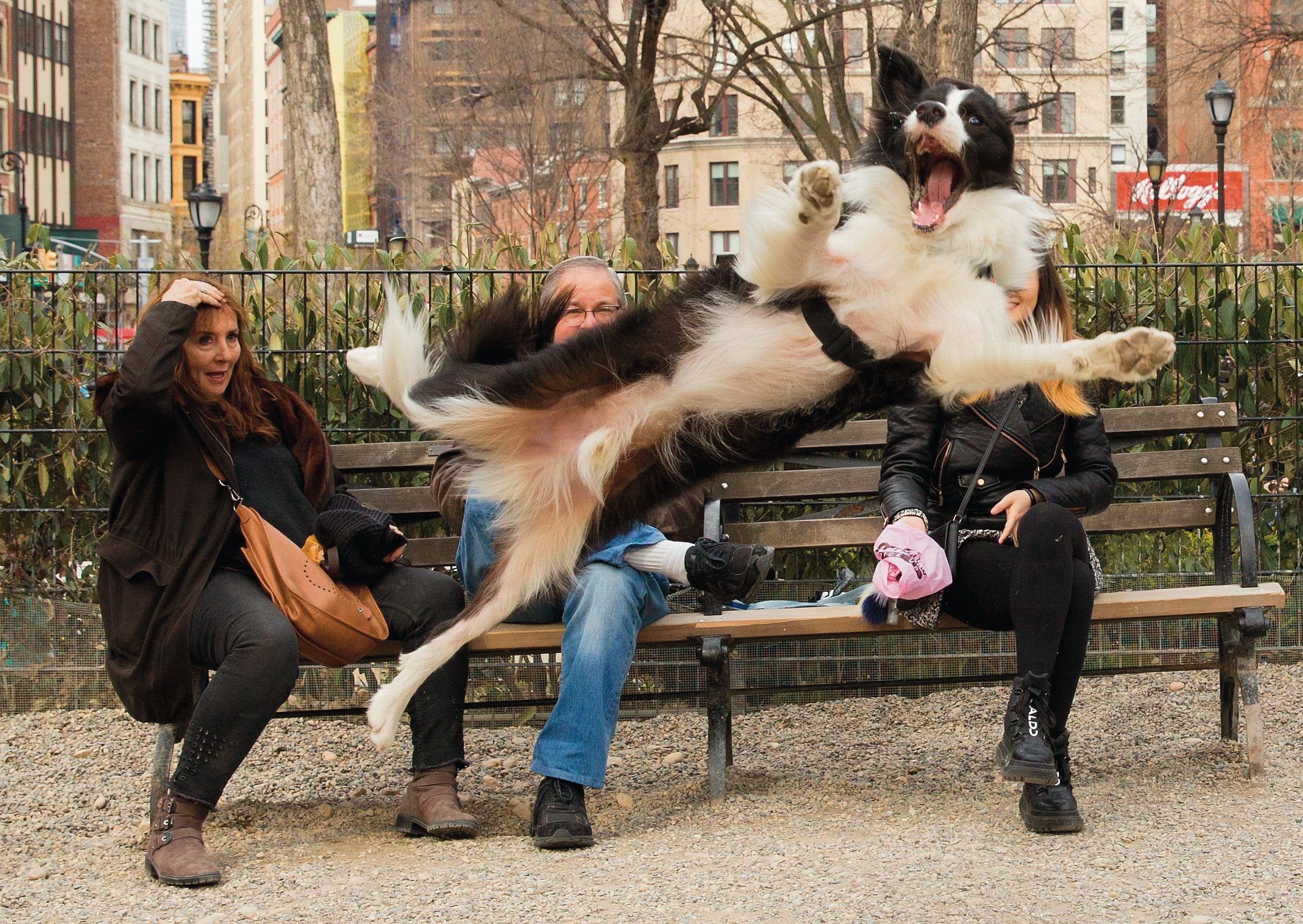
“In March 2019 I was sat in the Union Square dog run when I spotted a lady with a pink bag in her hand throwing a ball to her dog which sat down facing her. The dog then launched itself and flipped in mid-air to face me and snap! As you can see the lady with her hand on her head was as surprised as me and I think she is saying ‘Phew!’ I have searched in vain via the NY media to find the owner so that I can send her a copy. … I am hoping this competition can help me find the mystery woman and her leaping dog. You never know!” – Chris Porsz
3. “The Big Boss” by Kenichi Morinaga (Japan)
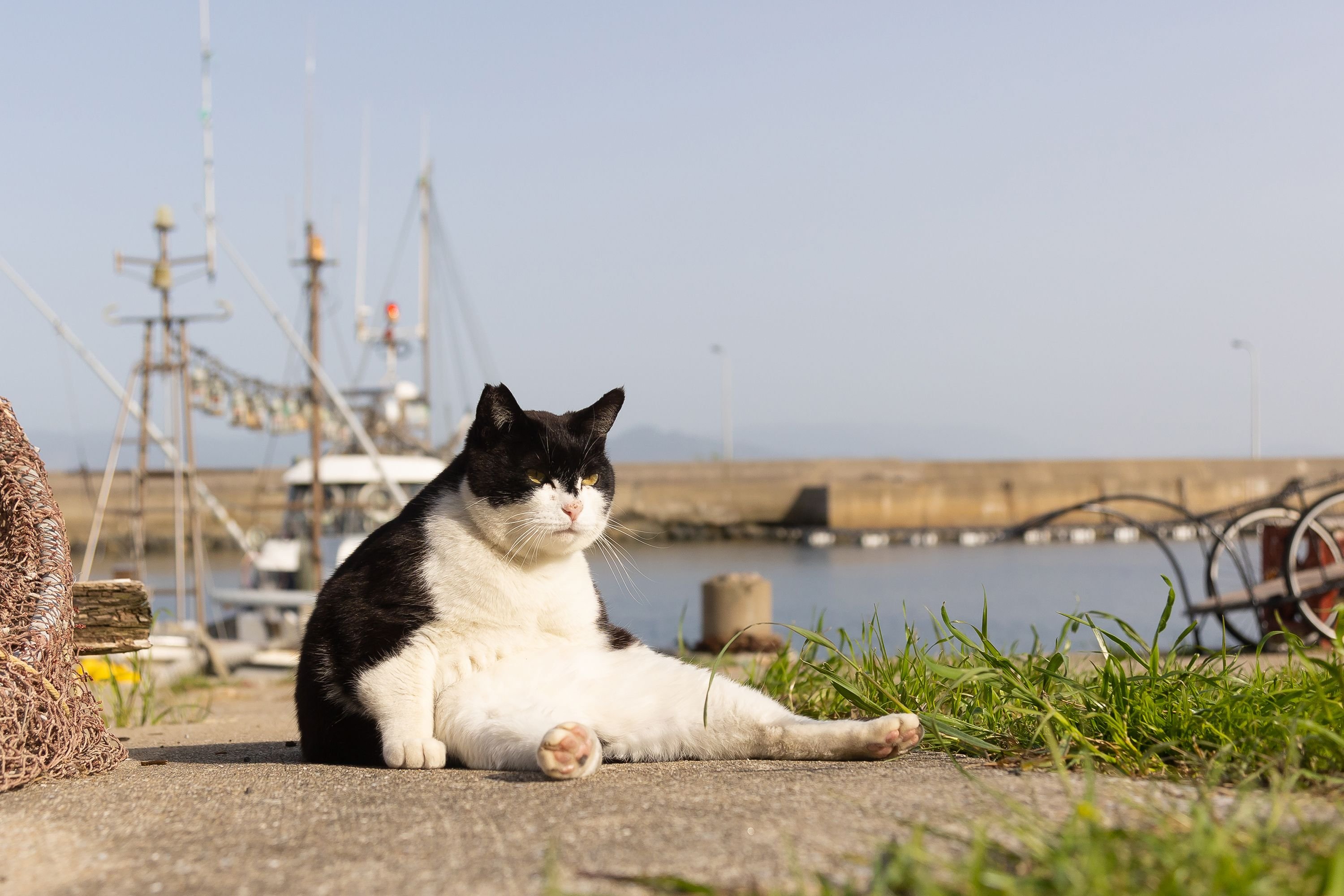
“Big Boss is the boss around here. He is gentle and kind.” — Kenichi Morinaga
4. “Kylian’s Sleep” by Katia Pillonel (Switzerland)

“Kylian could not sleep in another bed. Maybe he dreamt of being in the jungle.” — Katia Pillonel
5. “When Digging Gets Serious” by Sophie Boynton (U.K.)

“Shadow was digging holes as normal at the beach when all of a sudden, he was showing off his new technique! Luckily the camera was at the ready for this crazy position!” — Sophie Boynton
6. “Albert Einstein” by Masayoshi Yamamoto (Japan)

“He stuck out his tongue at me like the famous Einstein photo.” — Masayoshi Yamamoto
7. “So This is The Source of Happiness” by Corinne Mooser (Switzerland)

“That explains so much 😀 (Don’t worry, it’s just regular, industrial hemp).” — Corinne Mooser
8. “Oscar” by Lana Polykova (Russia)

“Yes, his name is Oscar. He is an Afghan greyhound and is very pleased with himself.” — Lana Polykova
9. “Keep Your Eye on the Ball” by Gill Woodcock (U.K.)
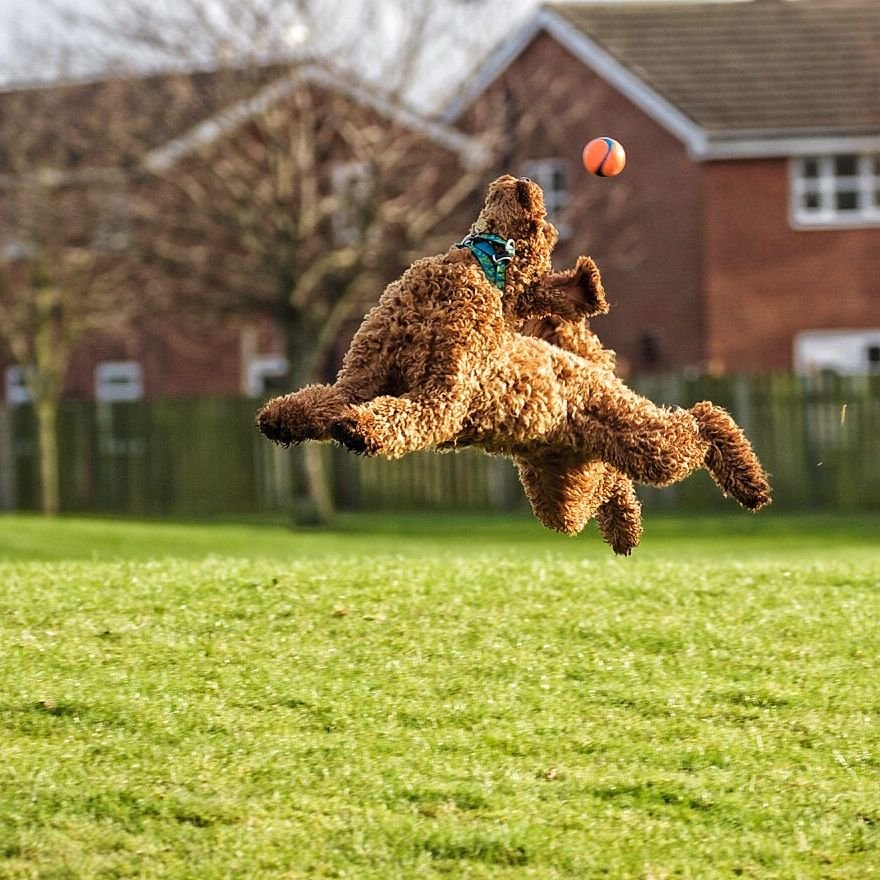
That dog has an incredibly flexible neck.
10. “Zorro Reborn” by Karl Goldhamer (Germany)

“The avenger of the poor is back, but this time as a dog and not on a horse, but in a car!” — Karl Goldhamer
11. “A Lovely Couple” by Lana Polykova (Russia)
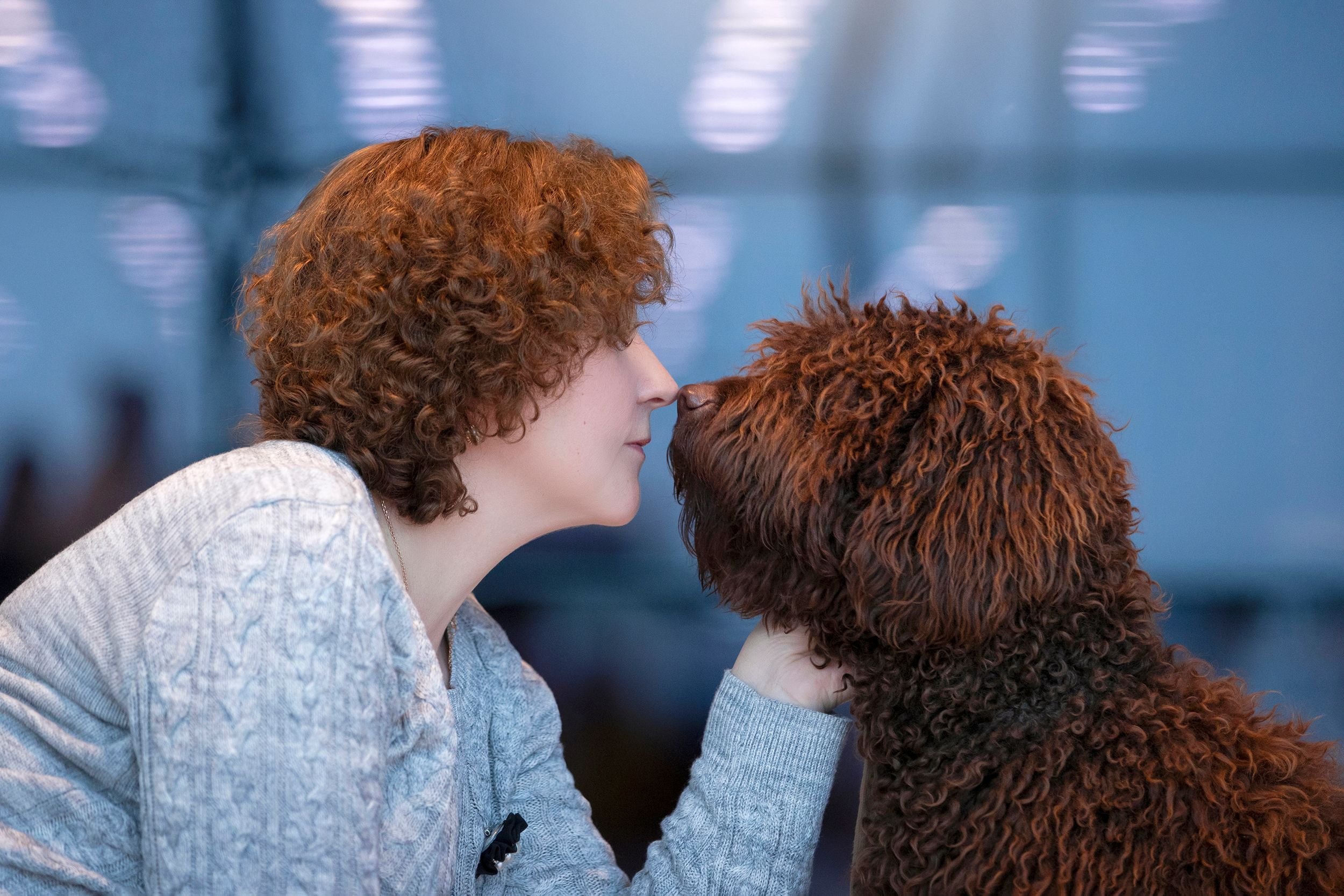
“I couldn’t get past this couple!” — Lana Polykova
12. “Who are You?” by Udo Krauss (Germany)
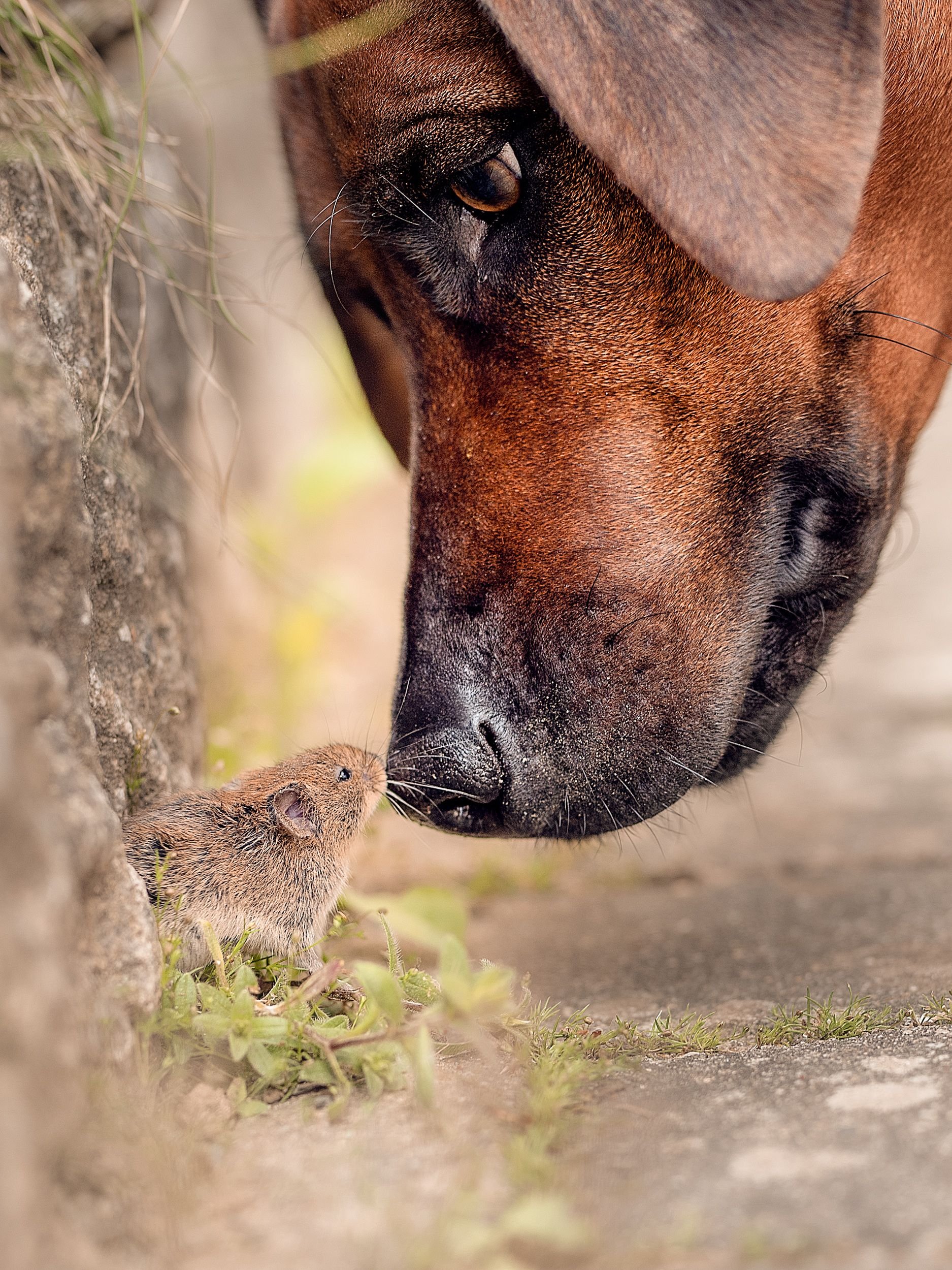
”Our cat Lilly played with a mouse, we saved the mouse, and our dog Amy was fascinated by the mouse.” — Udo Krauss
13. “My Face When My Crush Says ‘Hi’” by Kerstin Leichtenmüller (Austria)

“We tried to get a dreamy autumn photo of Milo, but instead of lying a bit on his side, he rolled around like crazy. His family loves this shot because it shows his personality better than any other picture.” — Kerstin Leichtenmüller
14. “Flying Poodle” by John Young (U.K.)

”This is Barney, our toy poodle, caught mid-flight whilst running.” — John Young
15. “Bidule as Goalkeeper” by Felix Larcher (France)
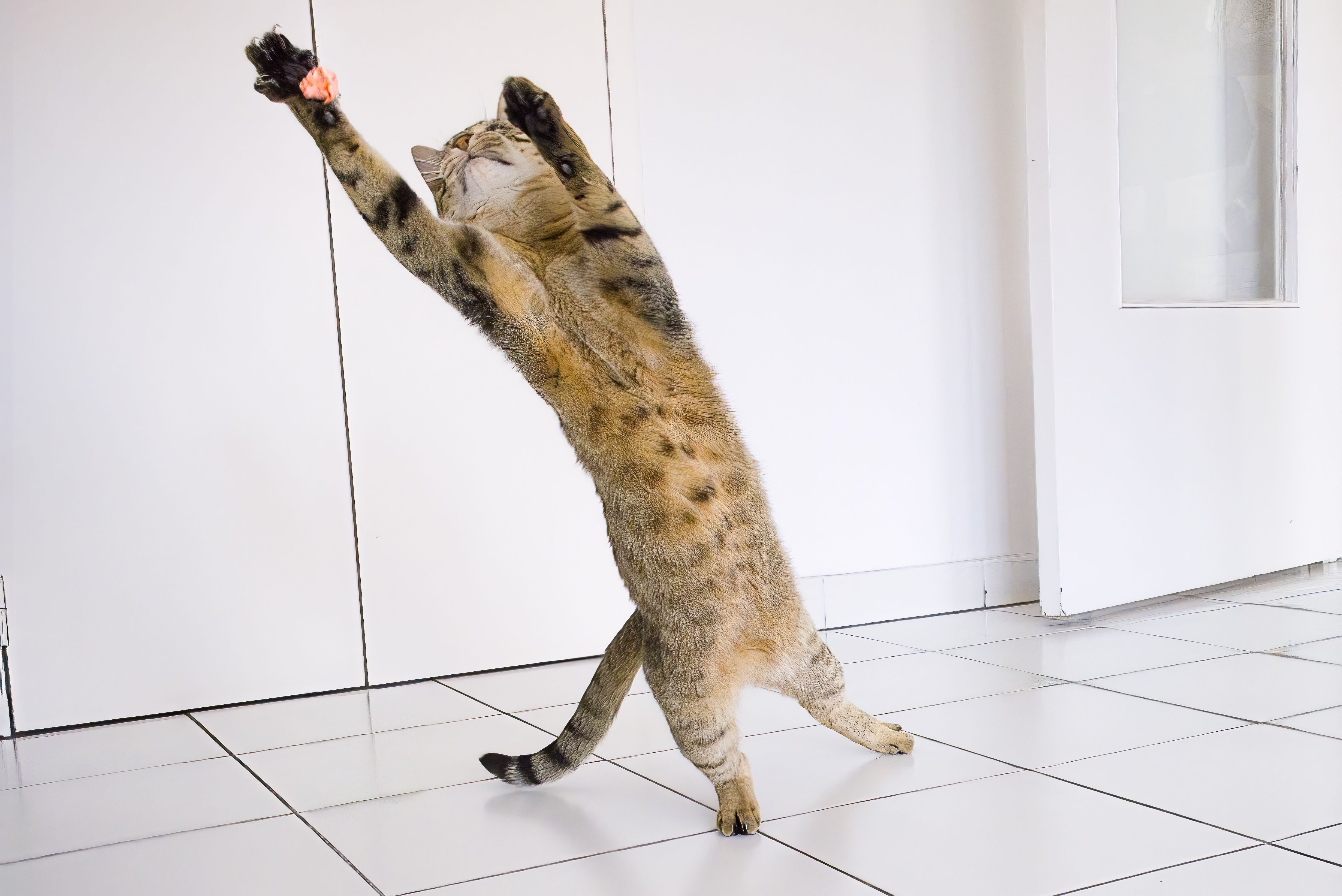
“Playing with our cat named Bidule, with a paper ball.” — Felix Larcher






